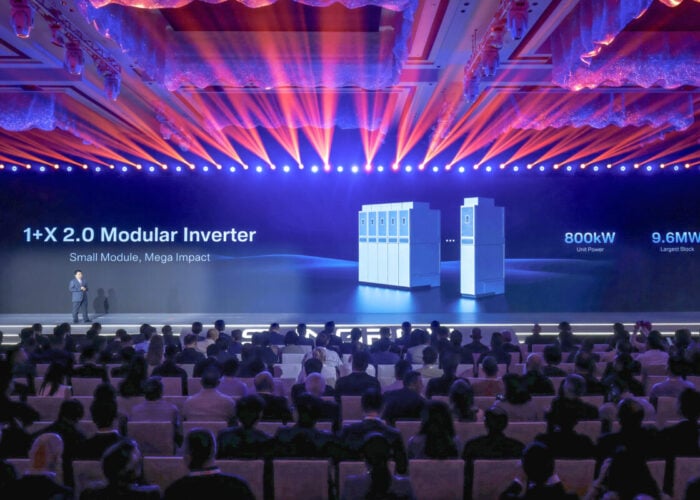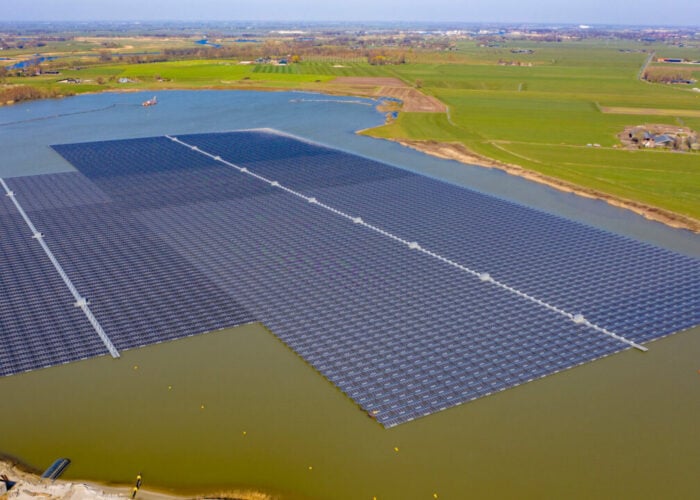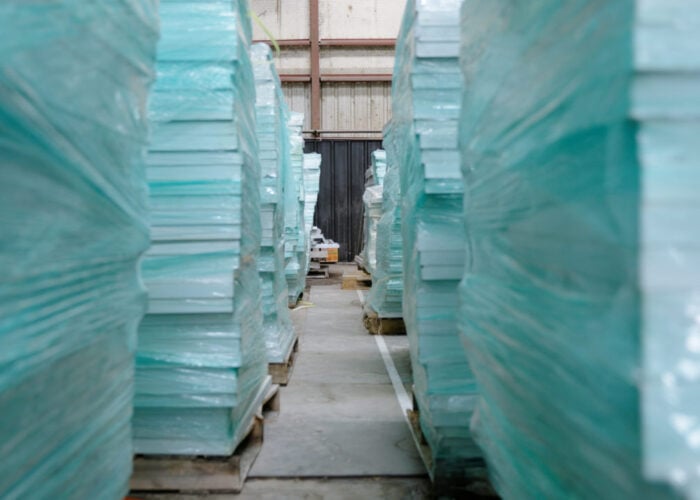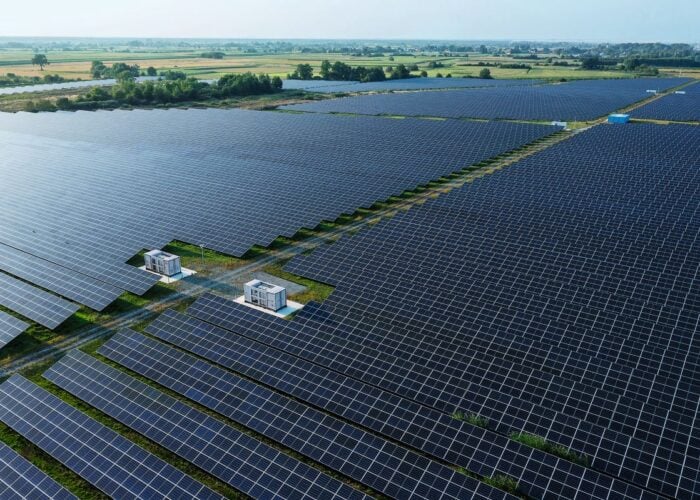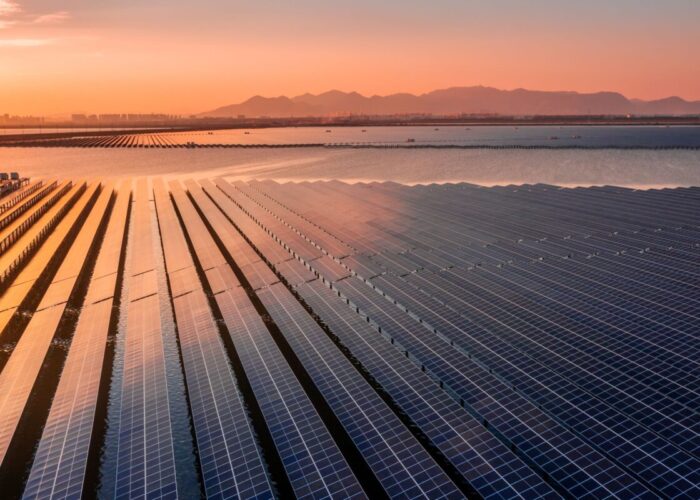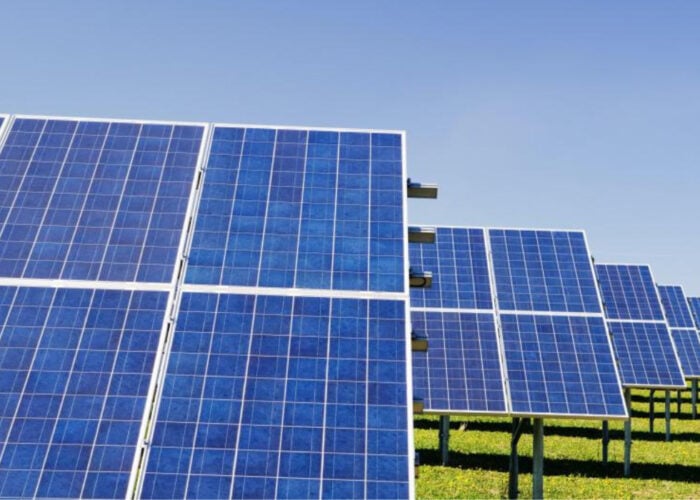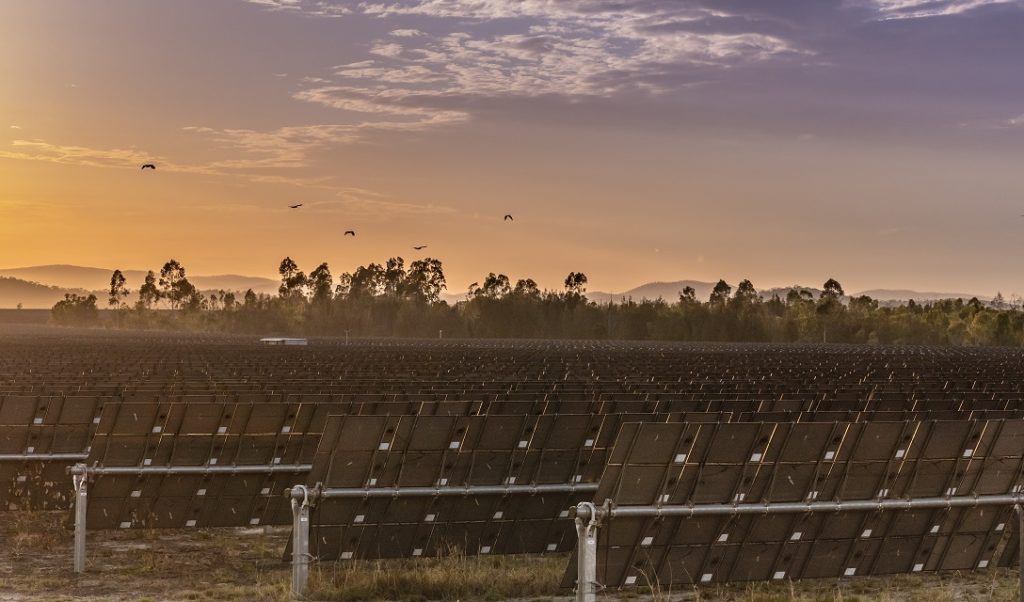
The Queensland government, Australia, will review the role of the planning framework for renewable energy deployments, including solar PV and battery energy storage system (BESS) developments.
Revealed on Monday (30 September), the review builds on the first phase of the planning framework review, which saw the release of an updated wind code. The review is being committed as part of the Queensland Energy and Jobs Plan, which recently saw the state government allocate a record AU$26 billion (US$17 billion) over the next four years to the initiative.
Unlock unlimited access for 12 whole months of distinctive global analysis
Photovoltaics International is now included.
- Regular insight and analysis of the industry’s biggest developments
- In-depth interviews with the industry’s leading figures
- Unlimited digital access to the PV Tech Power journal catalogue
- Unlimited digital access to the Photovoltaics International journal catalogue
- Access to more than 1,000 technical papers
- Discounts on Solar Media’s portfolio of events, in-person and virtual
Or continue reading this article for free
The review will explore various options to enhance protections for the community and the environment and tackle important emerging issues for the industry. It will encompass the role of strategic land use planning through Statutory Regional Plans to ensure that long-term planning is supported by thorough consideration and prioritisation of competing land uses.
Additionally, the review will examine ways to further integrate a Code of Conduct, which is currently being developed for renewable energy proponents.
A review of the planning framework aims to stimulate further investment in Queensland’s renewable energy sector and support developers with their projects. This will ultimately support the government’s plans to turn the Sunshine State into a “renewable energy powerhouse.”
Support for Queensland’s REZs
Perhaps one of the most important targets for Queensland’s renewable energy ambitions is the development of Renewable Energy Zones (REZs), of which 12 sites have been identified.
Queensland’s REZs, described as modern-day power plants, will be developed in three phases until 2028 to facilitate 22GW of additional renewable energy. Government-owned network operator Powerlink was recently selected as the state’s REZ Delivery Body.
REZs are also included in the draft Renewables Regulatory Framework, which outlines that the government will undertake proactive planning and investigate strategic advanced offsets in REZs.
To support this, the Queensland government is conducting REZ Readiness Assessments to facilitate the early planning and potential declaration of future REZ developments.
These assessments focus on identifying local and regional opportunities and mitigations for the cumulative impacts of future renewable energy development in an area. They consider community input and consider a range of social, economic, and environmental factors, including biodiversity, cultural heritage, waste management, and land-use planning.
The government confirmed that the findings from these assessments will be used to guide government initiatives.

